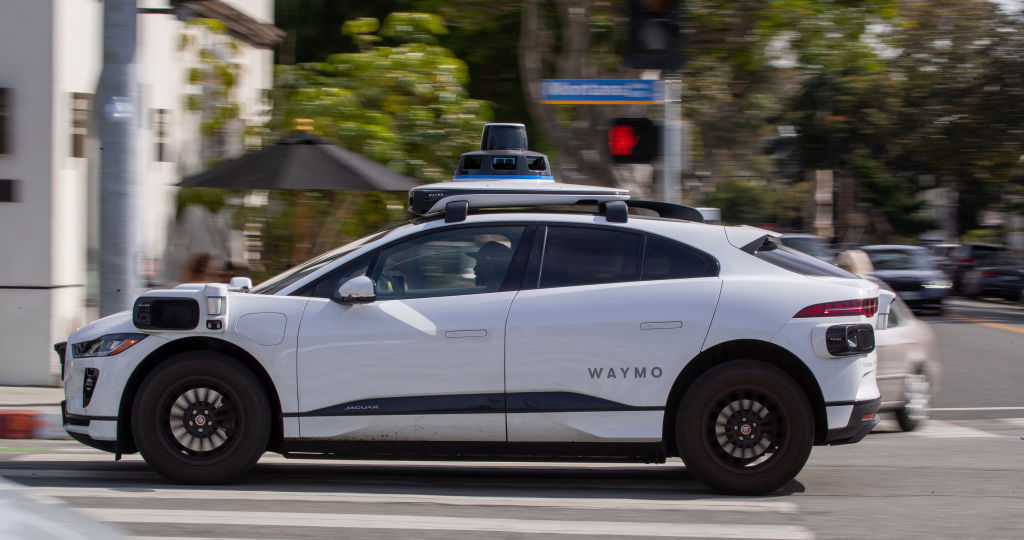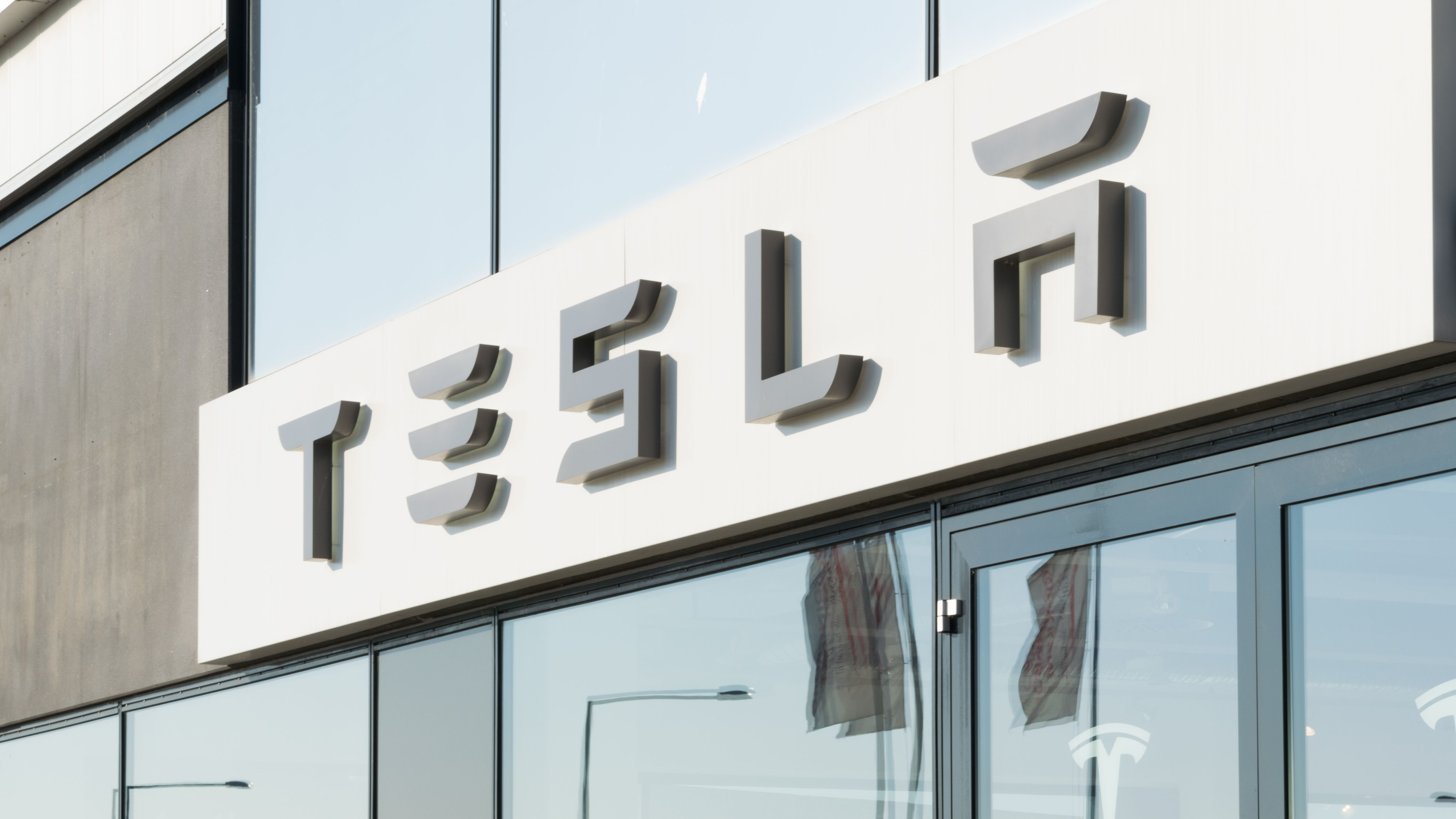Students attending a morning assembly at Sequoia High School in Redwood City had the chance Thursday to ask Facebook executives anything. Naturally, they wanted to know about MySpace. As in, what ever happened to it?
After Facebook CIO Tim Campos inspired the auditorium full of teens by telling them they could perhaps become the next generation of Facebook leaders, the students kept him on his toes with their straightforward questions.
One student asked Campos about a former social media giant: “What happened to Myspace?” Campos candidly summarized that the party simply wasn’t bustling at MySpace anymore. “People went elsewhere because that’s where their friends are,” he said.
Another student asked Campos, “How much do you get paid?” Campos responded with a smile. “Technology is a good industry to be in."
Sequoia High student Rosie Valencia, a budding tech all-star with an app making competition and a Facebook internship already under her belt, got to interview Facebook CEO Mark Zuckerberg one-on-one at the assembly.
Zuckerberg told students that understanding technology and computers “is going to be really critical to having a lot of options and doing what you want.'' The Facebook founder said the jobs of the future will be very different from today's jobs – and young people can use that to their advantage.
"If you start with the assumption that everything in the future is going to be different than it is now, then it's not true that anyone else knows any more than you guys do about what's going to work in the future,'' Zuckerberg said.
Tech
Valencia asked the tech mogul what he thinks of the characteristically casual culture of the tech world. Zuckerberg said that he sees the value in more formal workplaces. “There’s this idea that if you’re wearing a tie you’re less likely to break rules, and in some places that’s a good thing.” But Zuckerberg reiterated that in the technology world, the casual atmosphere helps foster creativity.
The Sequoia students listened attentively as the Facebook executives shared insights.
When the conversation turned toward college, Valencia asked Zuckerberg about his decision to drop out. Zuckerberg quickly emphasized that he wouldn't recommend that students drop out of college, like he did, because there is a lot to be gained from completing the full college experience. But he added that, maybe, it would be alright for a student to drop out of college for another opportunity in rare cases, for example if they founded the next Facebook.
Facebook announced it is donating 50 laptops and creating a class to teach students how to create their own mobile apps for smartphones at Sequoia High, a short drive from Facebook's Menlo Park headquarters.
Zuckerberg's appearance was part of Facebook's campaign to encourage more young people, especially girls, to pursue careers in science, technology, engineering and math – so-called STEM fields.
“What we're really trying to do is to create the same types of opportunities for the next Mark Zuckerberg,'' Campos said.
Silicon Valley companies have recently come under criticism for workforces that are mostly young, male, white and Asian.
“I really want more girls to be able to code because when I started none of my friends even knew what I was doing,'' Valencia told the audience.
Jim Wunderman, CEO of the Bay Area Council, a business advocacy group, said Facebook and other tech firms are trying to expand the pipeline of local tech talent.
“The more they can find qualified, talented people, the more successful they'll be in developing new products, new ideas and new approaches,'' Wunderman said.
The Associated Press contributed to this report.



